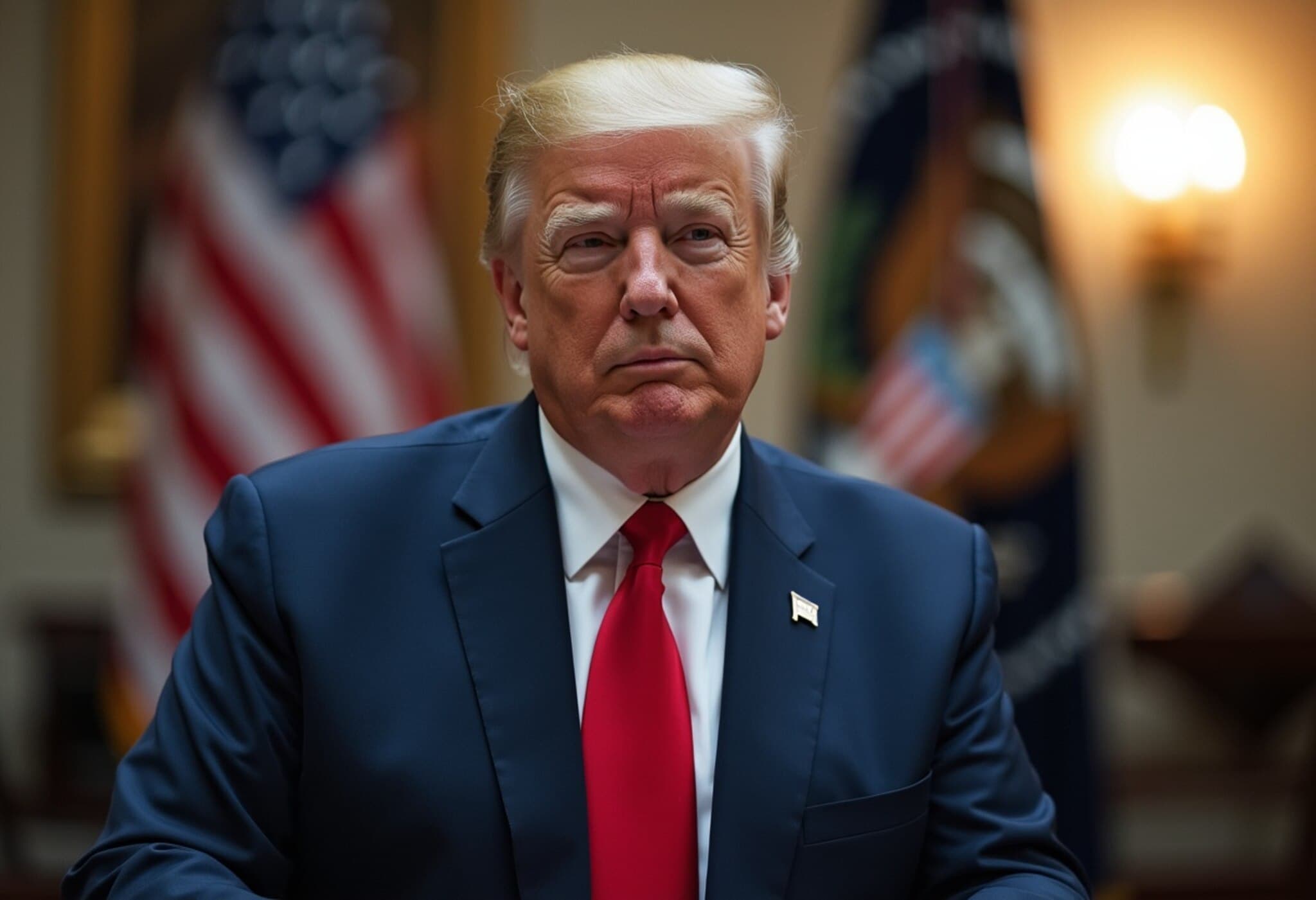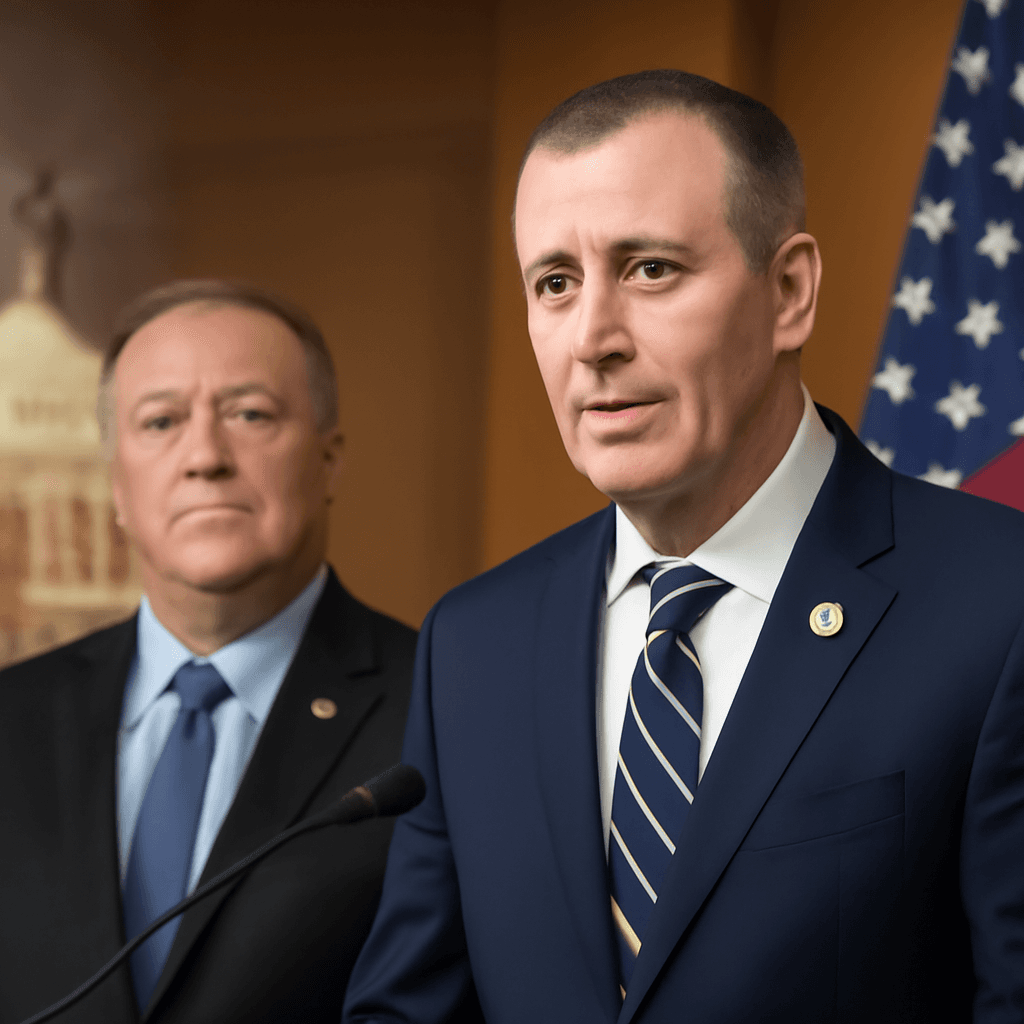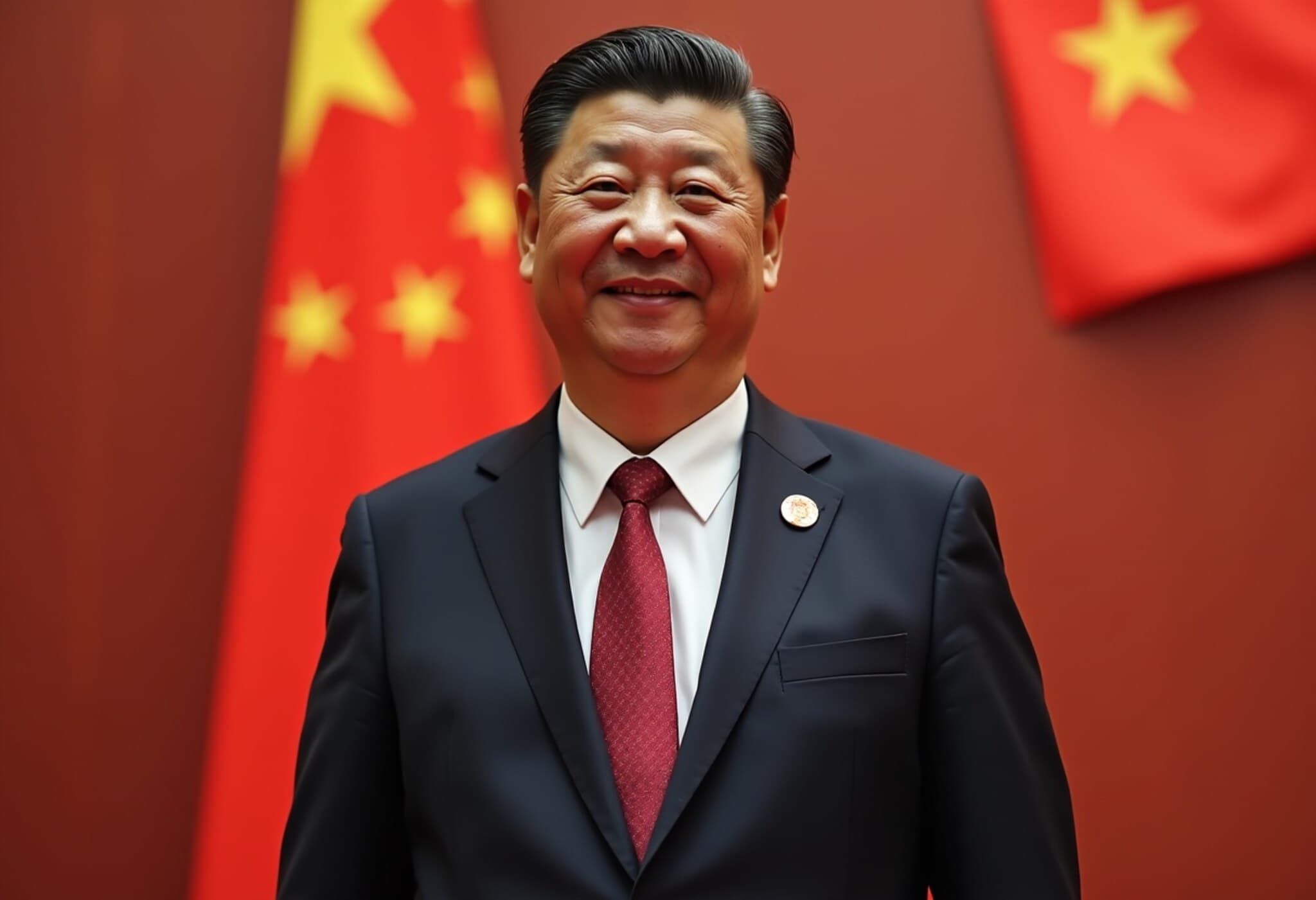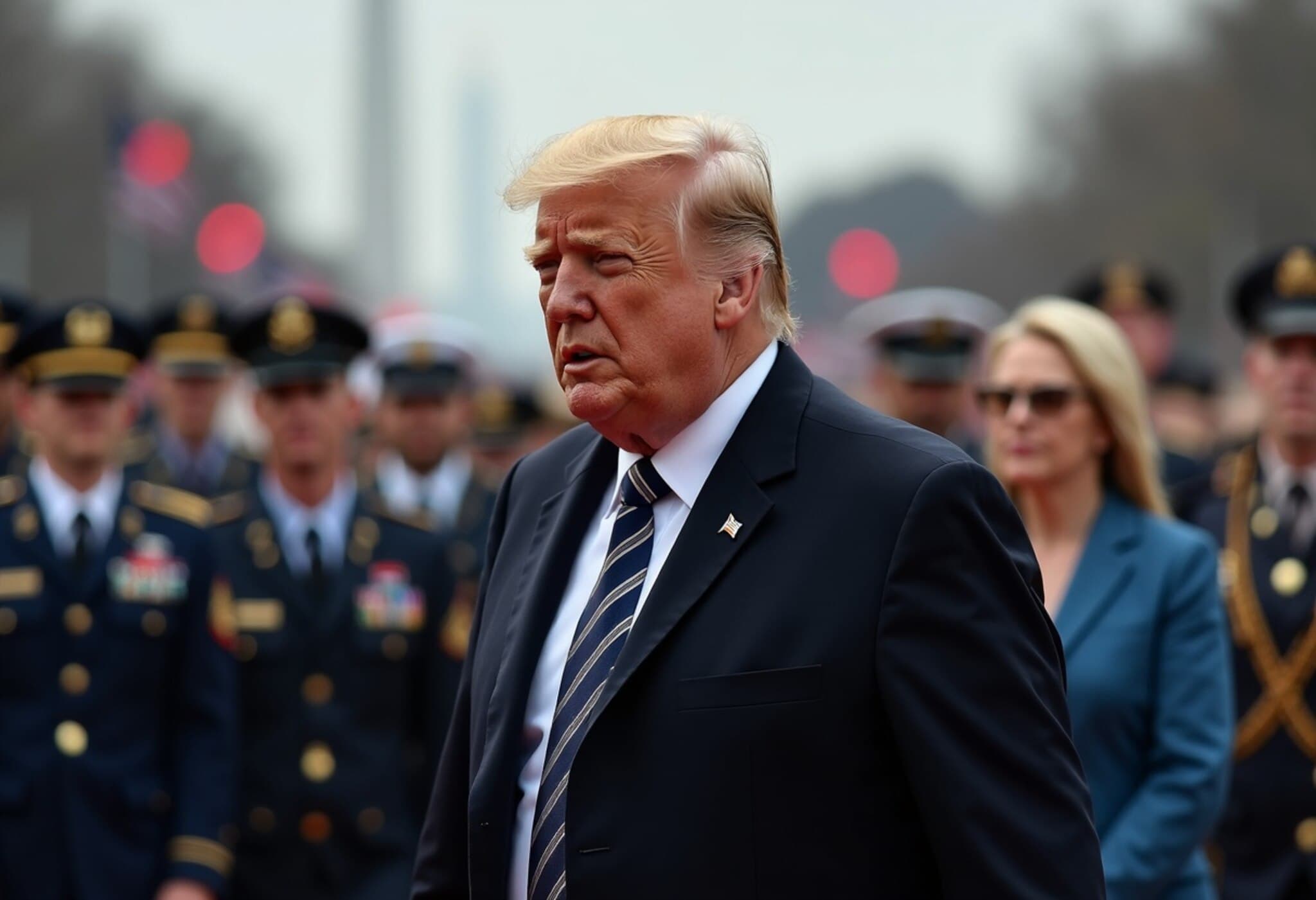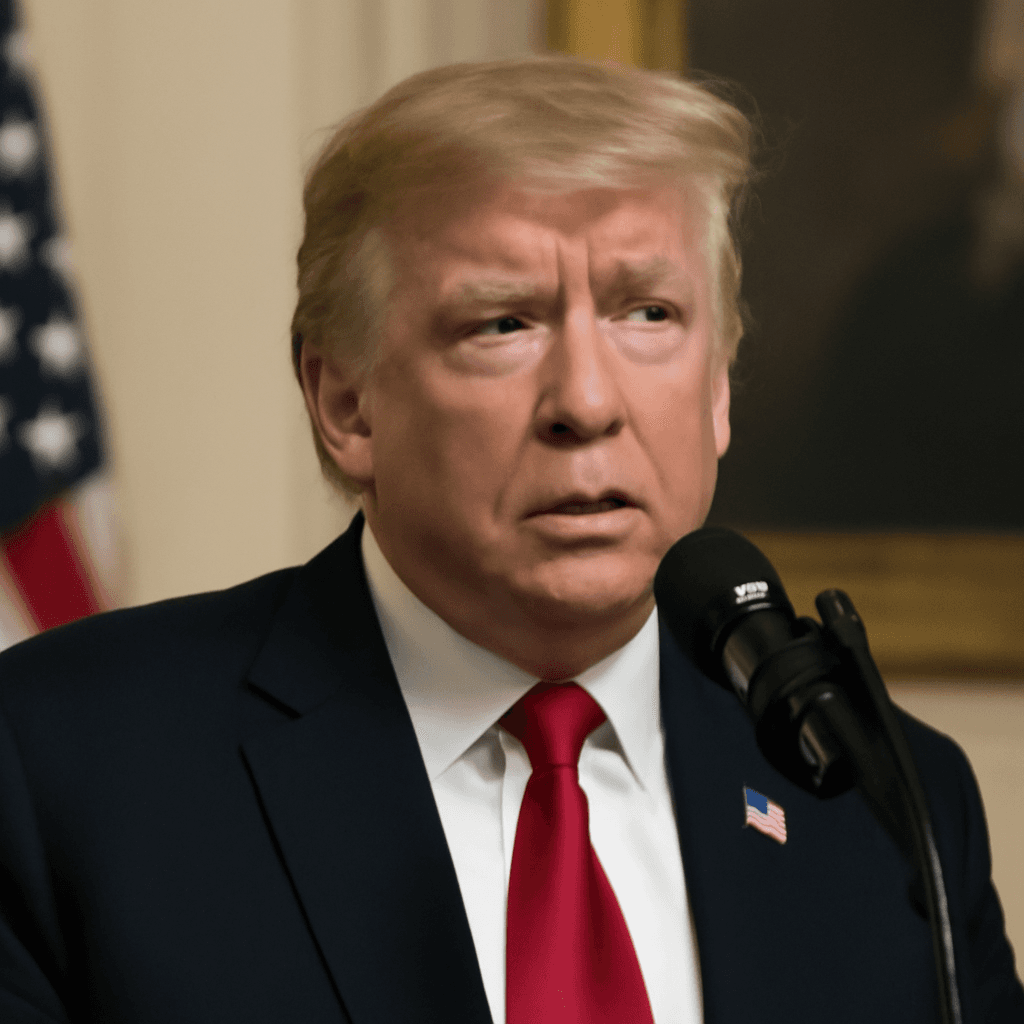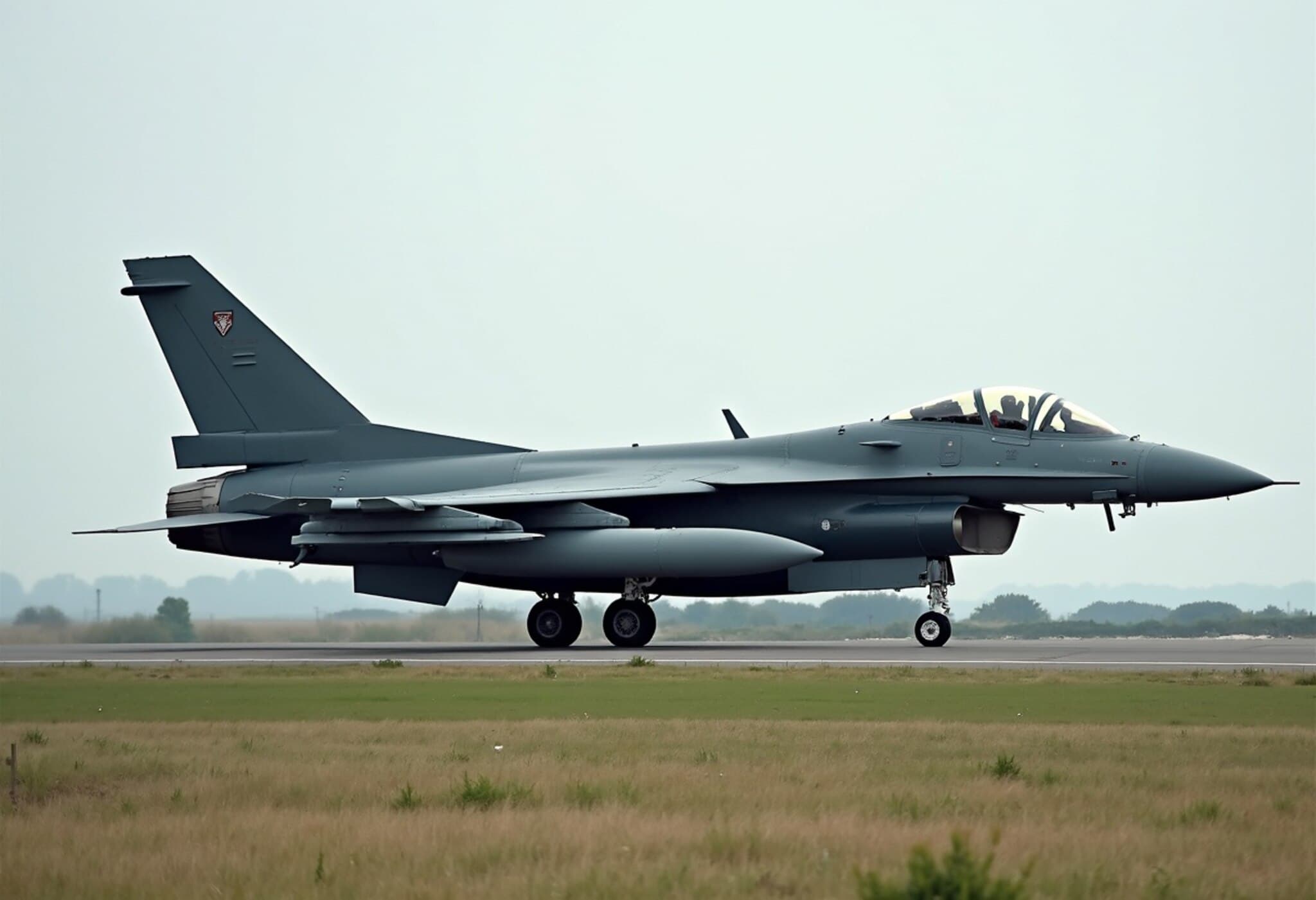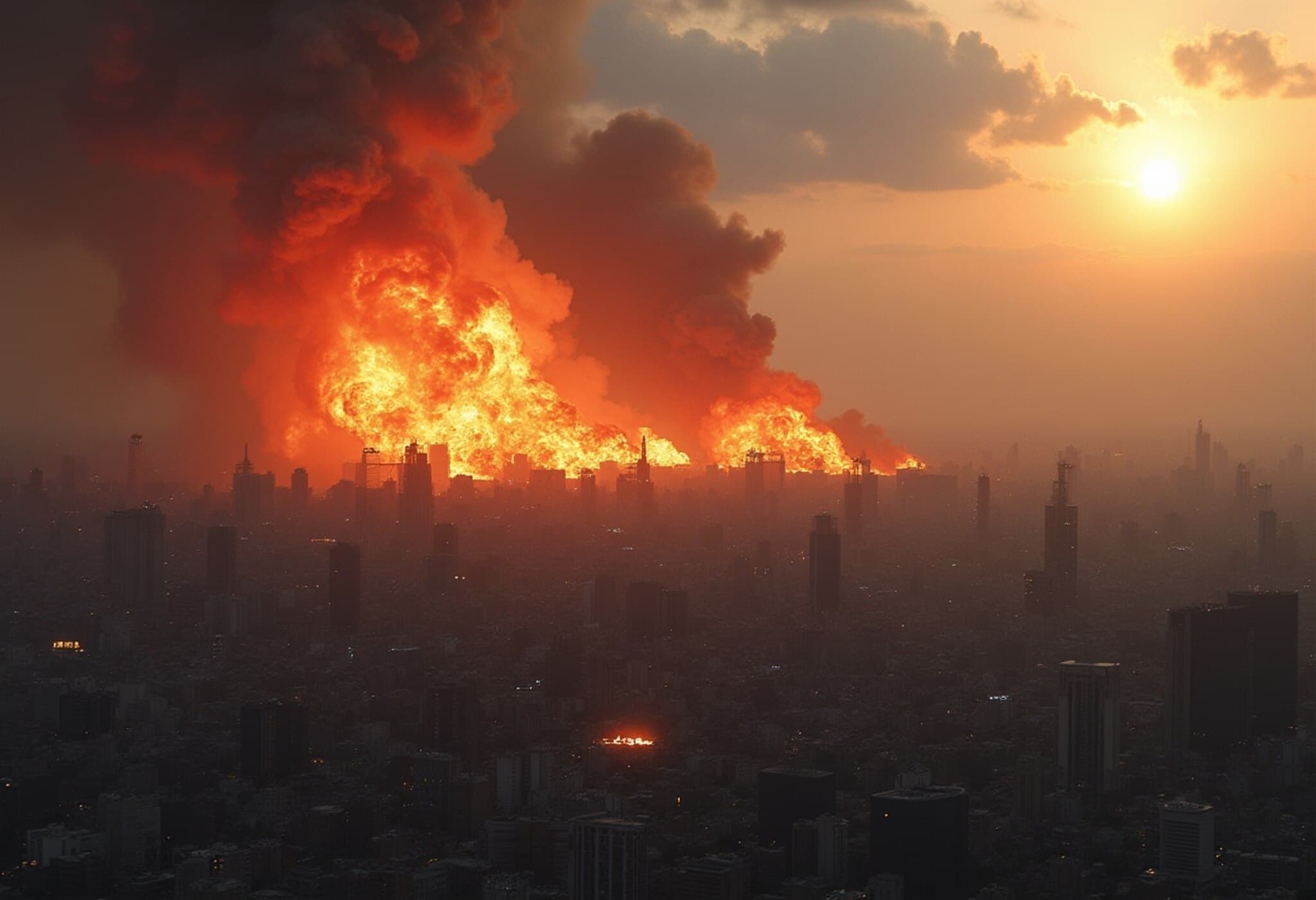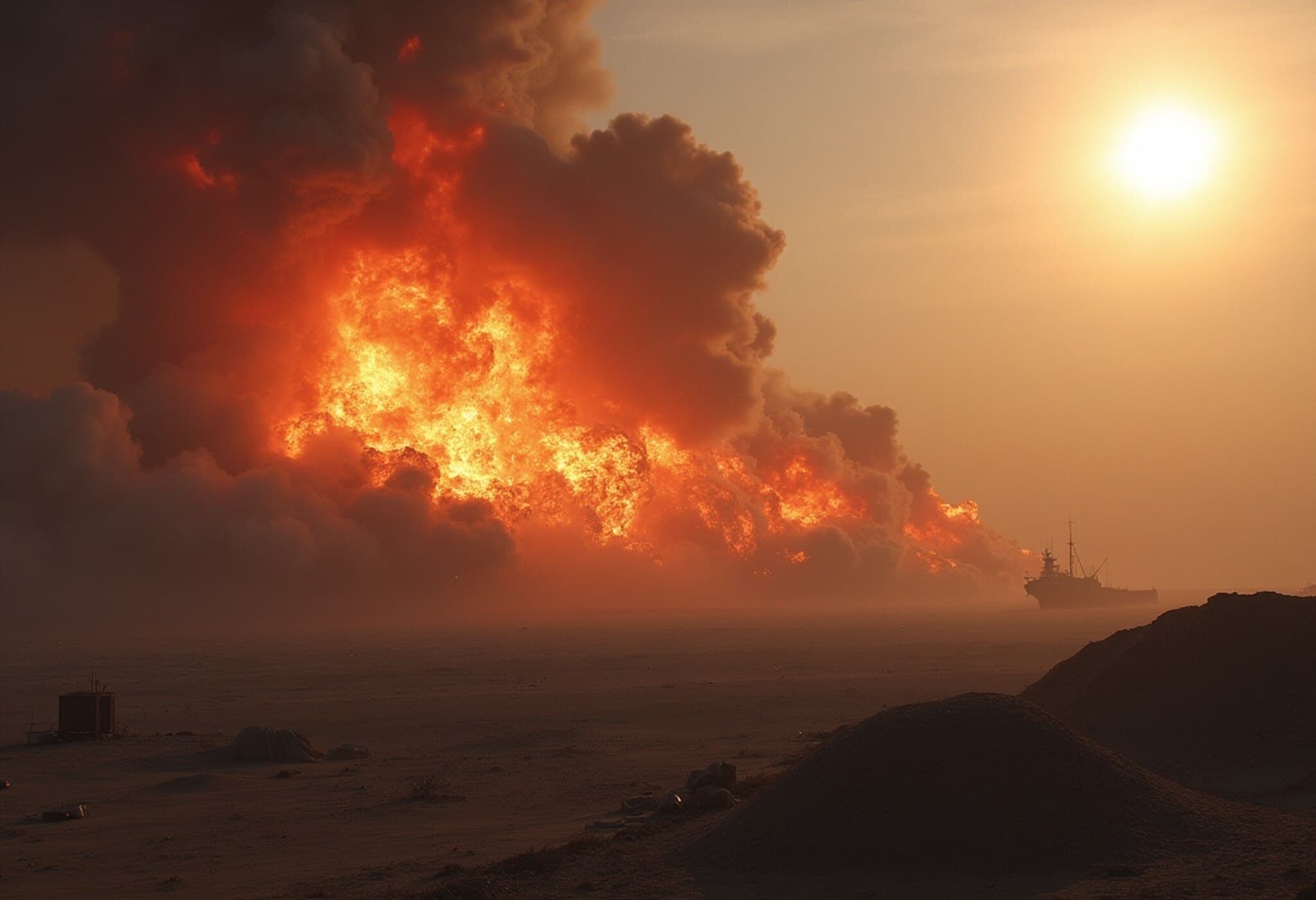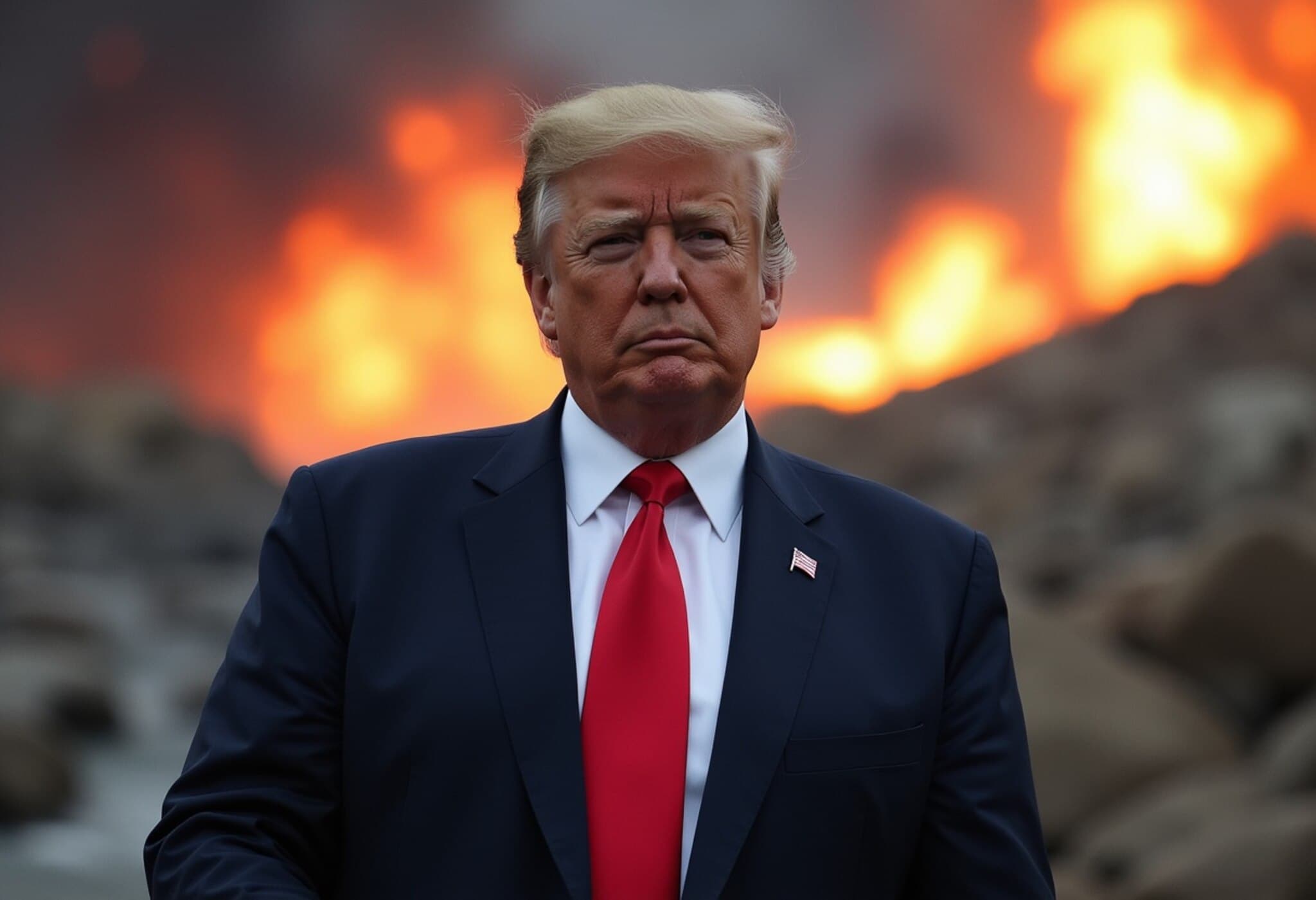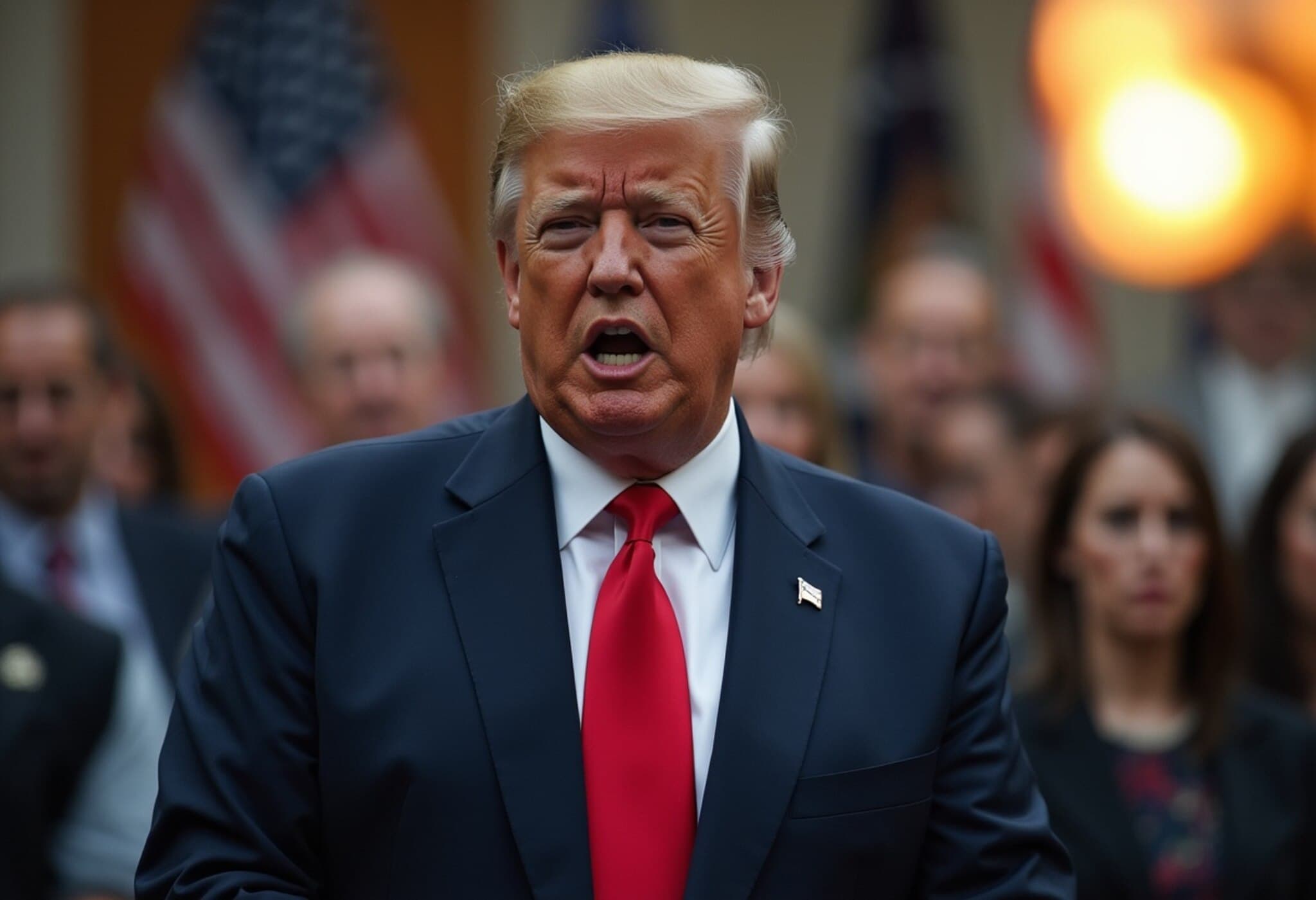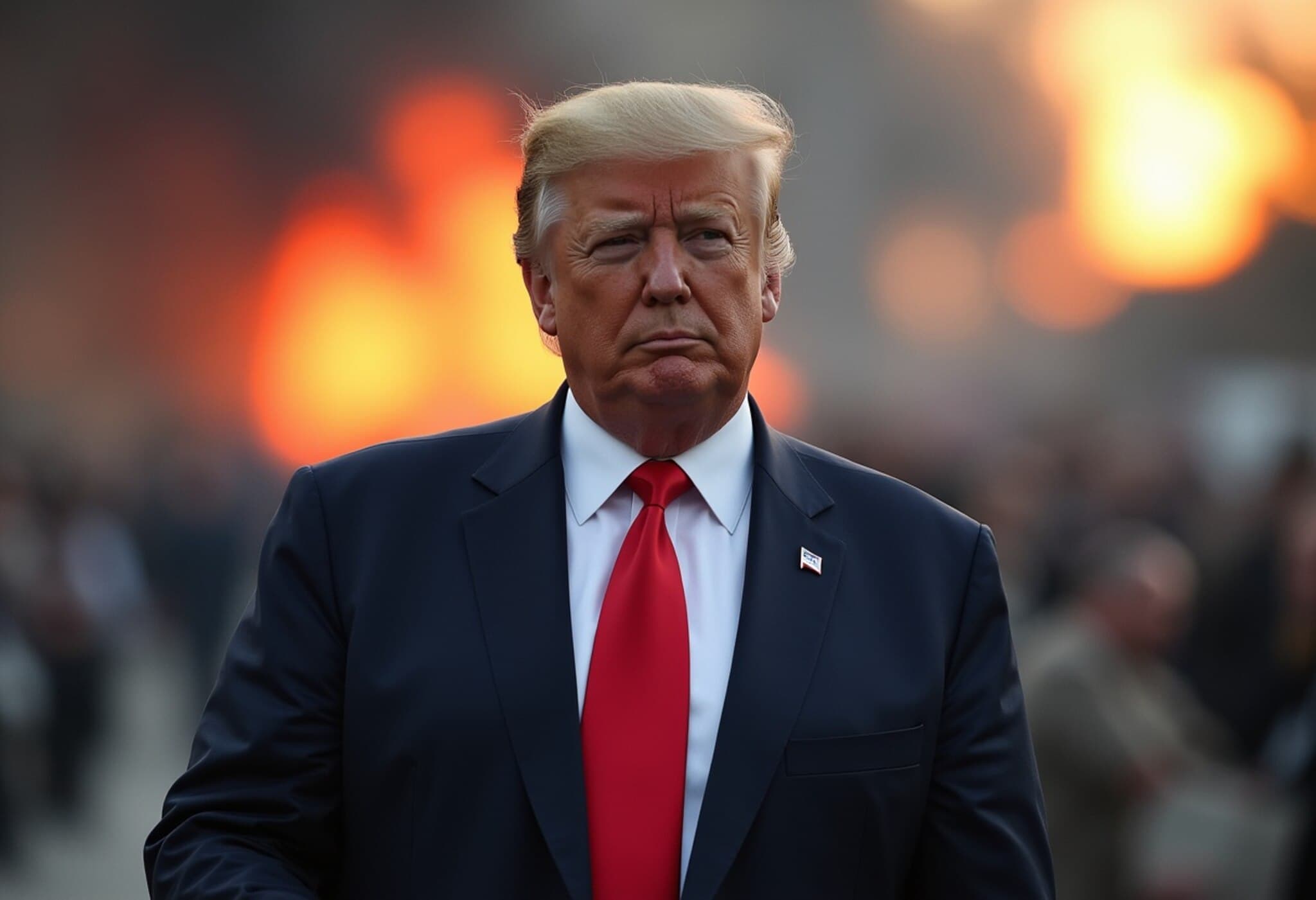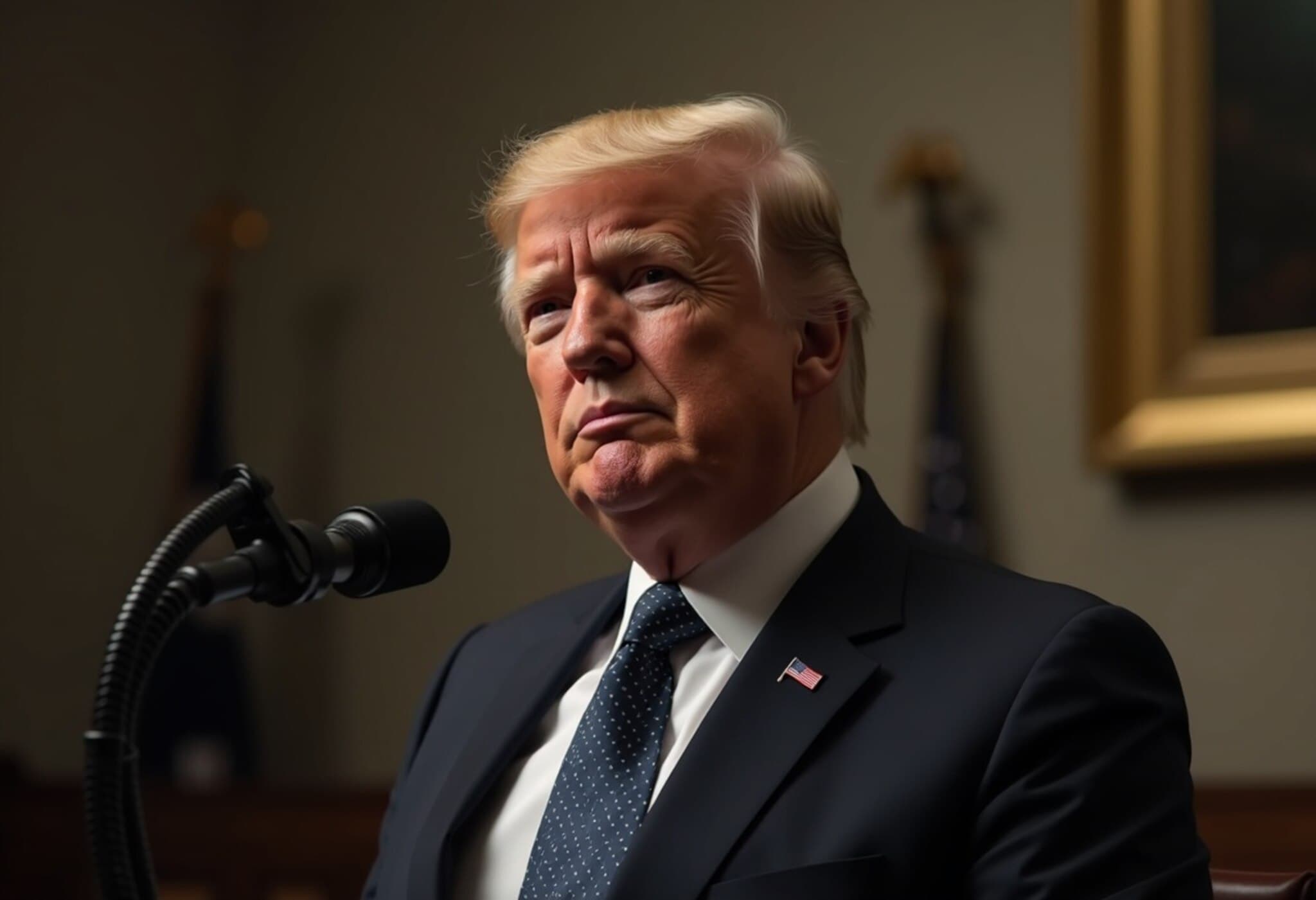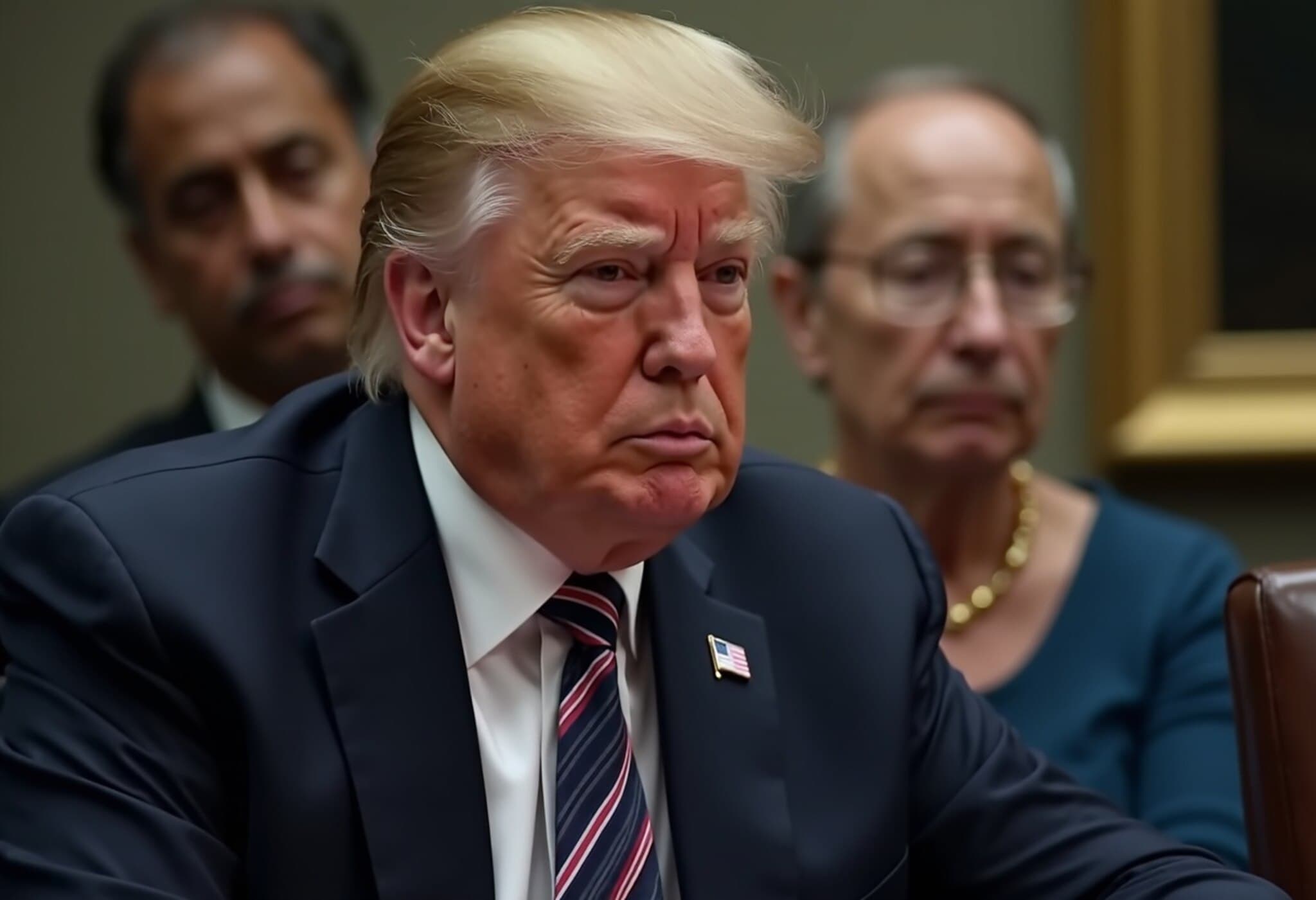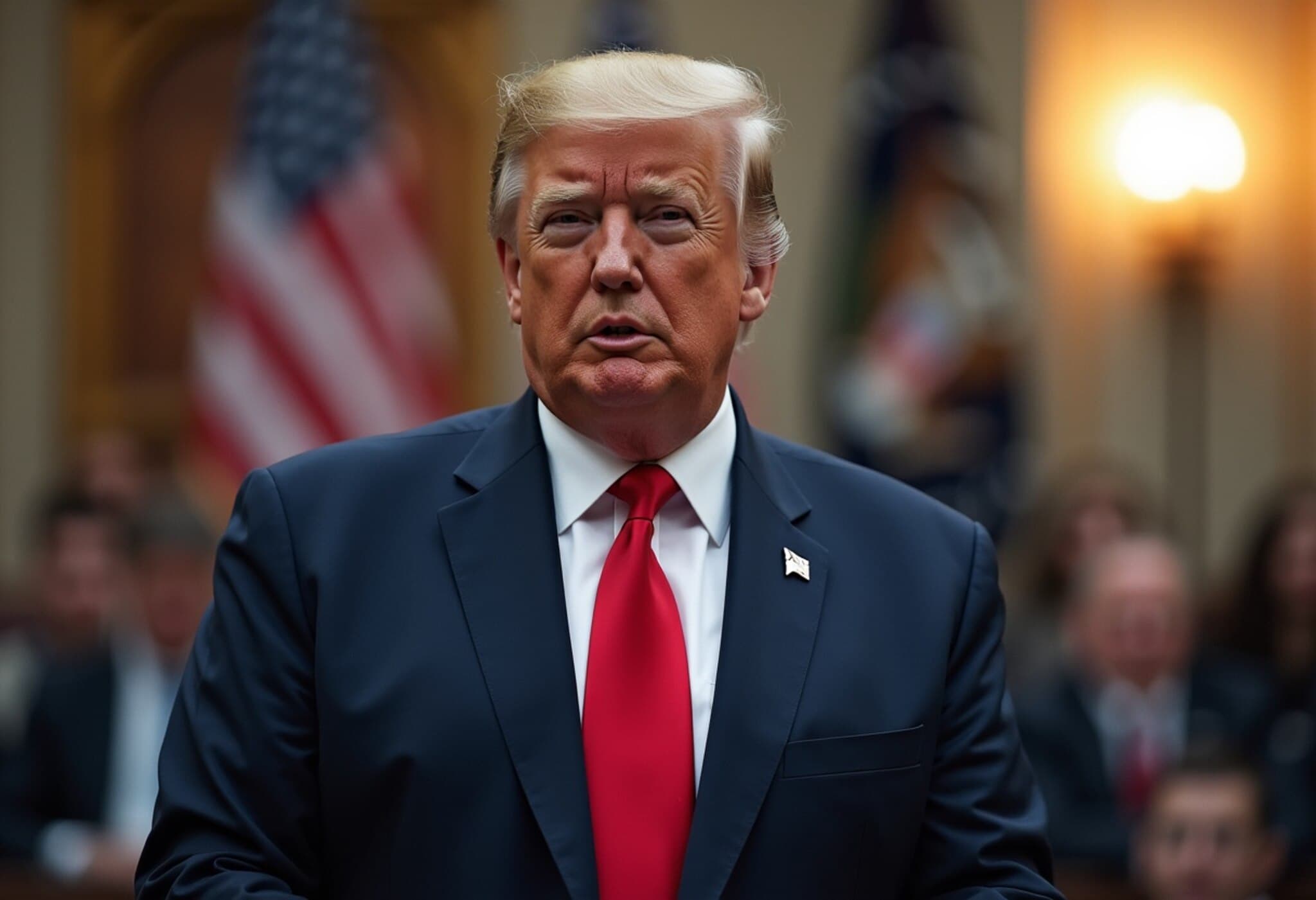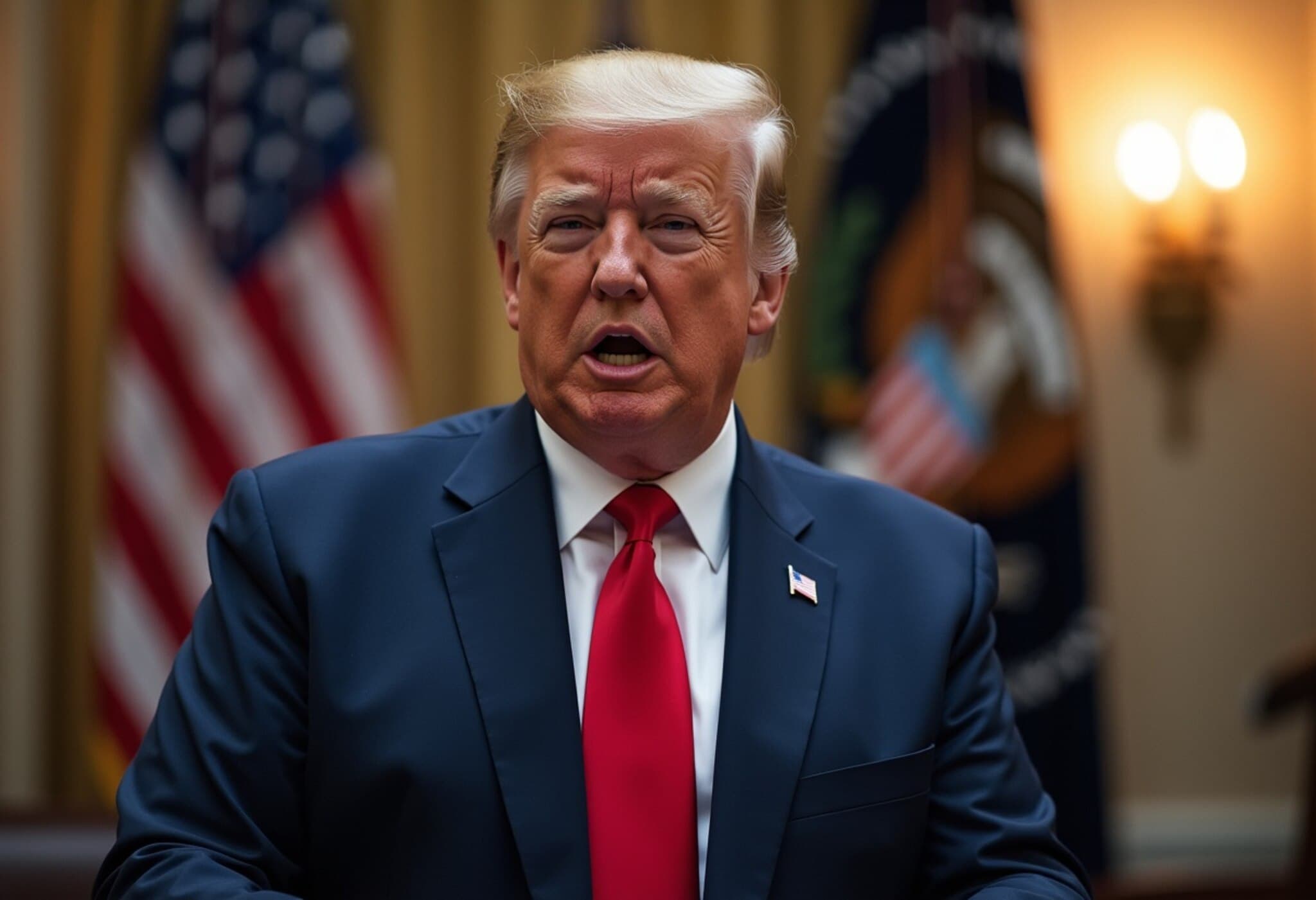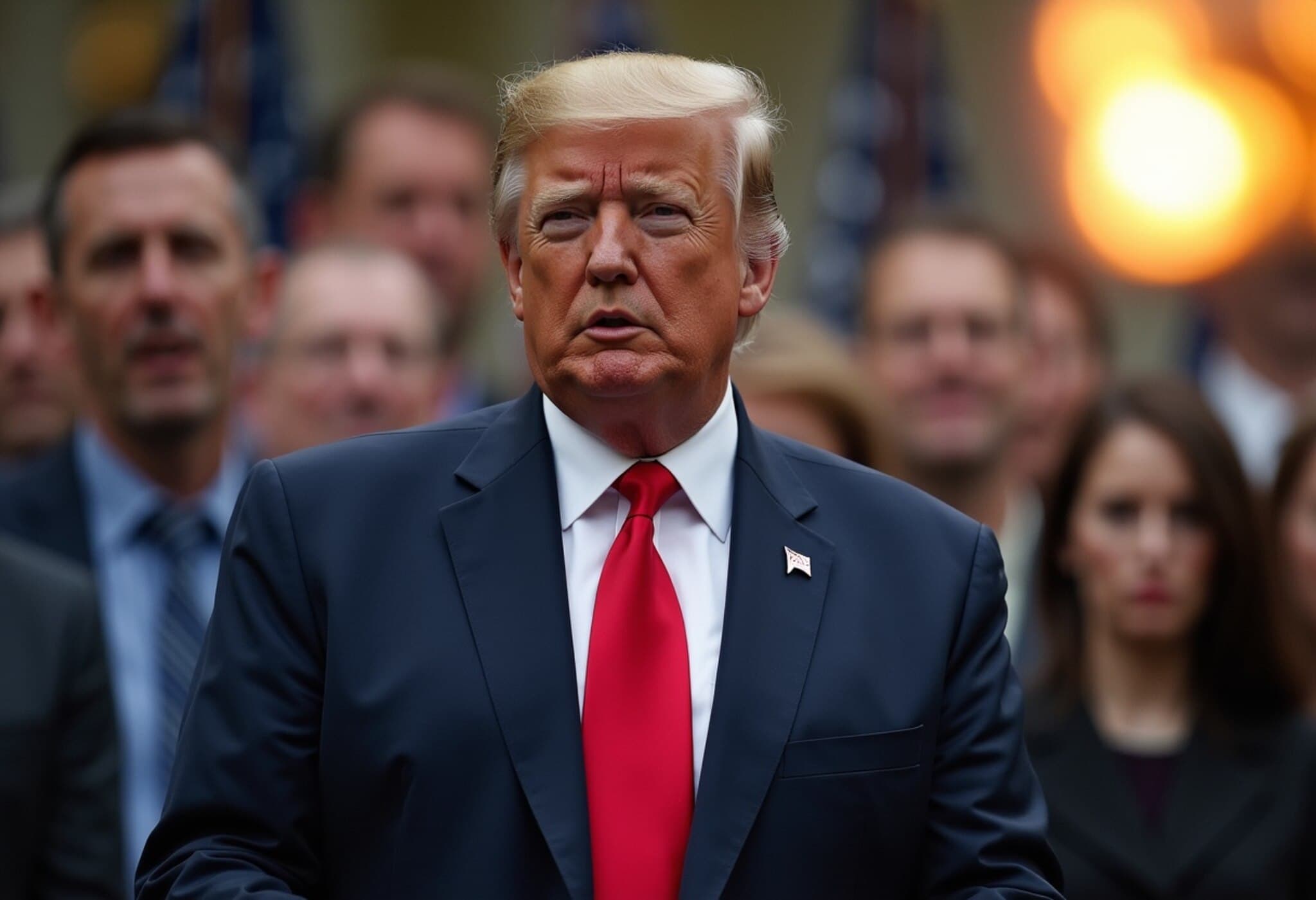Trump Delays Decision on Military Action in Iran Amidst Rising Concerns
President Donald Trump has paused to weigh his options regarding American involvement in the escalating Israel-Iran conflict, granting himself at least two weeks to deliberate. Insiders within the administration reveal that the President is apprehensive about launching strikes on Iran's nuclear facilities, worried such a move could spiral beyond control.
Echoes of Libya’s Aftermath Weigh Heavily on Trump
Trump’s hesitation stems in large part from the U.S. experience in Libya in 2011. Back then, the intervention aimed to support regime change, culminating in the overthrow and public killing of Muammar Gaddafi. The aftermath plunged Libya into prolonged civil war and political turmoil, a scenario Trump is keen to avoid repeating.
At 78 years old, the President is deeply concerned that military action against Iran could potentially destabilize the nation, especially if Supreme Leader Ayatollah Khamenei were toppled. The fear is that Iran could unravel into chaos similar to Libya’s fate, triggering long-lasting regional instability.
Parallels with Afghanistan and Iraq Inform the Caution
Sources familiar with Trump’s mindset indicate that he has referenced the U.S. interventions in Afghanistan and Iraq — two theaters where military involvement resulted in protracted instability and conflict. This history informs his reluctance to commit to full-scale action against Iran at this stage.
Possible Limited Airstrikes on Nuclear Facilities
While full-scale intervention appears off the table for now, several insiders suggest the administration may consider more measured strikes aimed strictly at disabling Iran’s nuclear sites, particularly at Fordow and Natanz. This approach would theoretically target nuclear capabilities without directly seeking regime change.
One insider emphasized that President Trump does not intend to dictate who governs Iran, a position seen as aligning with his political base who favor focusing on tangible security concerns rather than regime reshuffling.
White House Keeps Door Open for Diplomacy
On Thursday, White House Press Secretary Karoline Leavitt confirmed that no military action has been taken so far. She highlighted the President’s cautious approach, emphasizing that he is actively considering multiple perspectives, including those of global leaders, advisers, and the American public.
Leavitt indicated that Trump remains open to peace negotiations with Iran, suggesting that diplomacy is still very much on the table as tensions continue to unfold.
Conclusion
Amid rising Middle East tensions, President Trump’s measured deliberation reflects a desire to avoid replicating past foreign policy missteps that led to regional destabilization. By balancing military options with diplomatic outreach, the administration aims to navigate a complex geopolitical landscape with care.

